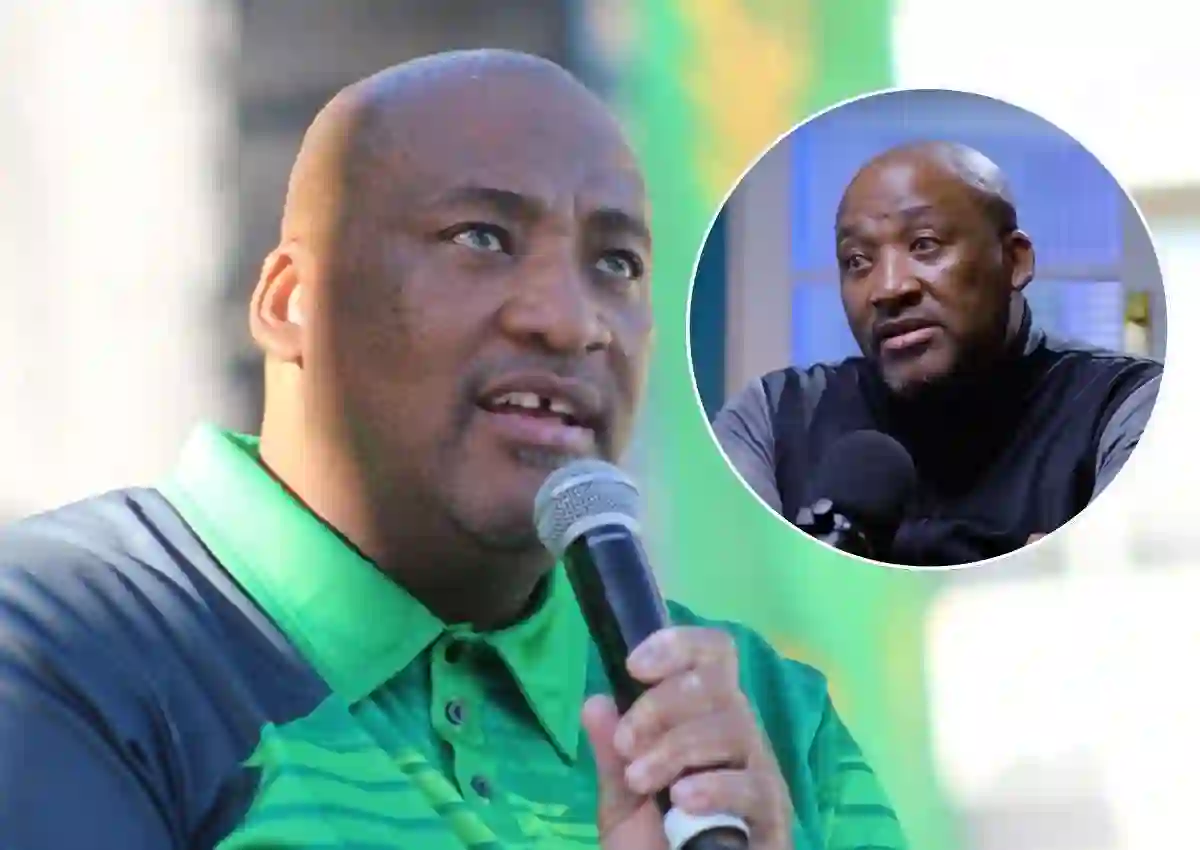South African political scene is heating up again after Gayton McKenzie, Minister of Sport, Arts and Culture, found himself in hot water over old tweets containing the racially offensive K-word.
The controversy reignited when the South African Human Rights Commission (SAHRC) labelled the posts as “hate speech,” prompting a sharp response from McKenzie.
McKenzie Pushes Back Against SAHRC
In a statement released by the Patriotic Alliance, McKenzie dismissed the SAHRC’s claim, insisting his old tweets do not qualify as hate speech.
He accused the commission of succumbing to “a political campaign against me, led by cowardly, anonymous accounts” and said they were “playing to the gallery” rather than following proper investigative procedures.
He added pointedly:
“The SAHRC made itself the prosecutor, judge, jury, sentencer, and executioner all in a single day.
What they did not do was investigate. They haven’t questioned, cross-examined, or spoken to me.
Instead, they took at face value what social media and political rivals told them I did.”
McKenzie suggested the commission’s approach was inconsistent, referencing its 2019 decision that deemed the phrase “Kill the Boer” as not hate speech, while his tweets were quickly flagged.
Denying Intent or Harm
The minister emphasized that his tweets lacked any intent to harm, incite violence, or promote hatred—key criteria under the Equity Act.
He also broke down several of the posts, arguing they did not constitute racism.
McKenzie’s statement reflects his stance that the allegations are politically motivated rather than legally justified.
SAHRC’s Investigation and Legal Steps
The SAHRC, however, confirmed last week that it had officially opened an investigation into McKenzie’s tweets following complaints from both political parties and the public.
The commission concluded that the minister violated the Equity Act and sent him a formal letter of allegations.
It also outlined the next steps, which could include instituting proceedings at the Equality Court.
In its statement, the SAHRC reminded the public:
“Freedom of expression is not absolute. Hate speech is prohibited under the Equality Act and the Prevention and Combating of Hate Crimes and Hate Speech Act
Minister McKenzie’s conduct is expected to reflect the ethical standards of a public official.”
The commission also called on all South Africans to uphold constitutional principles like human dignity, equality, and non-discrimination.
Public Opinion Divided
The debate over McKenzie’s tweets has sparked a wider discussion on social media and in public forums about where freedom of expression ends and hate speech begins.
Readers are encouraged to share their opinions: should McKenzie’s tweets be classified as hate speech?



